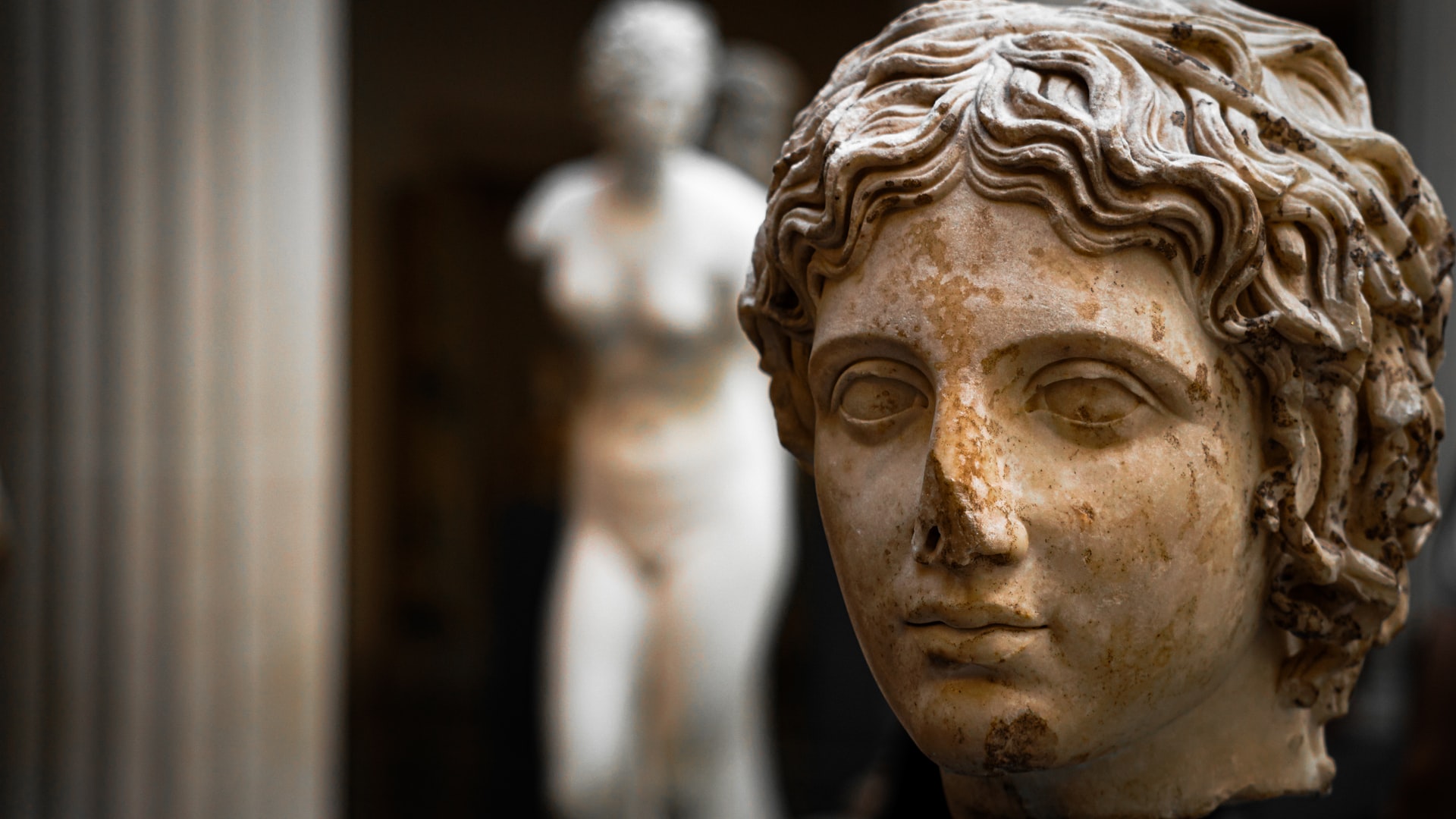Stoicism is an enduring philosophy that is widely practiced today. We use the word ‘stoic’ to describe someone who faces adversity and good fortune with composure in either case. However, there’s also a far-reaching notion that a stoic person is someone who’s emotionless, which is far from the truth.
The philosophy of stoicism is practiced by many well-known people. Theodore Roosevelt, Adam Smith, Ralph Waldo Emerson, and many others learned about stoic philosophy and applied it in their lives. Being a stoic is not about being ‘emotionless’. But it does involve self-discipline and self-mastery.
The end goal of stoicism is to experience lasting happiness and peace of mind. Let’s look at specific tips you can apply to create your own sense of peacefulness in life with the help of stoicism.
Practice moderation
One of the most important principles of stoicism is that of practicing moderation. Avoiding excessive behaviors when it comes to food, social media use, spending money, and more will help you live a balanced life.
Part of your mental health will revolve around the state of your body and the habits you undertake. According to Stoicism, physical practices and routines that embody moderation form an important part of one’s happiness. It follows that when you sleep, eat, and exercise in reasonable ways, your physical state will support better peace of mind.
Be accepting of all situations
The well-known Serenity Prayer fits stoicism well. The key to practicing stoicism is to realize the difference between things we can control in life and things that we can’t.
Individually, we can’t control the economy, natural disasters, and many other life events such as the loss of loved ones. And we can control some aspects of our lives like the friends we make, the habits we pick up, and the career choices we undertake.
It’s important to fully accept that we can control and influence only parts of the world and our own lives. By accepting what’s unchangeable, we can give our energy to things that matter. For example, losing a job during the pandemic is life-changing but railing against it does not change anything. In such cases, you can only change your attitude, accept the situation for what it is and look for new avenues like starting a business or reaching out to friends to ask for help.
But when you can change things, you’ll feel more certain that you should and can give your fullest efforts to improve your life wherever possible.
Avoid extremes of thinking
Very often, we think in extreme ways by judging situations and people as wholly bad or wholly good based on a few actions. For example, even the current global pandemic has a few positive aspects. Pollution levels have dropped in many places and many people are building savings. However, this does not dismiss the severity of the event. The point here is that when you think in extremes – that events or people in life are completely bad or fully good – you set yourself up for mental strain.
Be more aware that virtually all things in life exist in shades of grey, consisting of good and bad qualities. Feeling insecure during this climate? Perhaps it’s time to take your desire to write seriously or to give your new business idea the attention it deserves. When you think in a balanced way about people and events, you’ll also react to life in a more reasonable manner.
Self-discipline and self-mastery are important
Having self-discipline is a major tenet of stoicism. A practicing stoic is encouraged to create goals and take steps to achieve them every day. Instead of trying to accomplish a great deal at one time, show up and being consistent with what you do.
Once you set a goal, like creating a blog or writing a book, you have to commit to writing every day. Likewise, it’s also important to have mastery over your feelings and emotions. In fact, Seneca advises us to deliberately endure some kind of hardship in our lives. For example, doing without material goods gives us the opportunity to ask ourselves ‘Is this the thing that I feared so much?’ By doing this, you learn to avoid catastrophizing and can reserve your mental and emotional energy, which will lead to peace of mind.
Conclusion
Stoicism is not about being emotionless, but rather it’s about maintaining equanimity through bad times and good. You avoid experiencing extremes of emotion and as a result, develop peace of mind. We’ve looked at specific ways you can practice stoicism. Use these tips and journal about your experiences.
You’ll grow as a person and cope with life’s challenges with equanimity.


